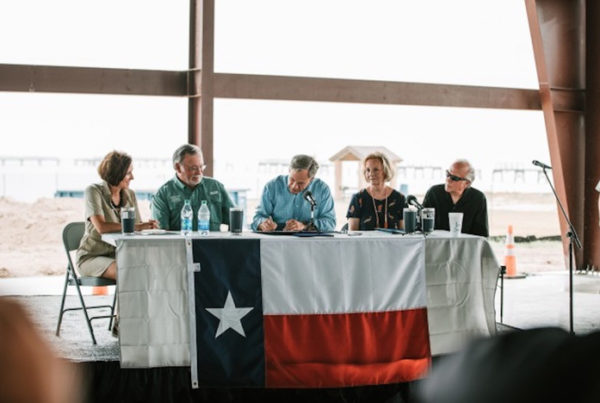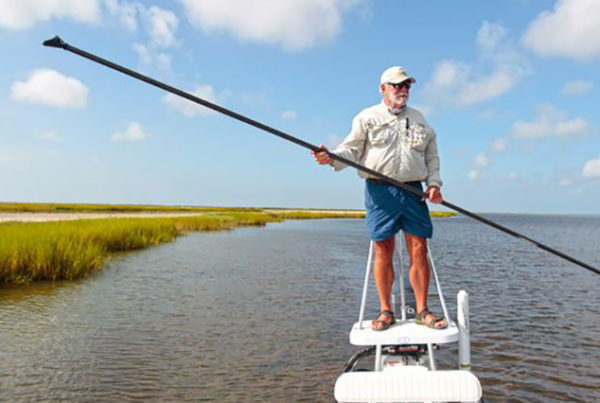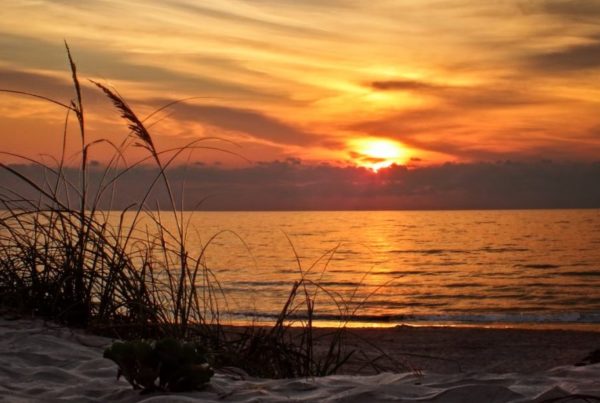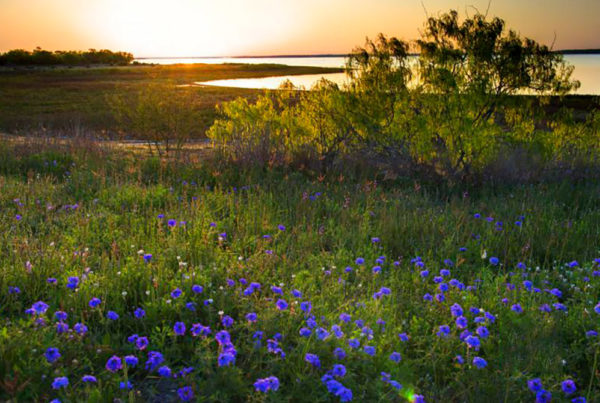Black bears once roamed the remote mountains of West Texas in large numbers but were extirpated from Texas by the 1950s. In recent years, this charismatic native species has begun recolonizing the Trans-Pecos. TPWF is partnering with the Borderlands Research Institute at Sul Ross State University to raise funds for research and outreach efforts to better understand and support the natural recolonization of black bears.
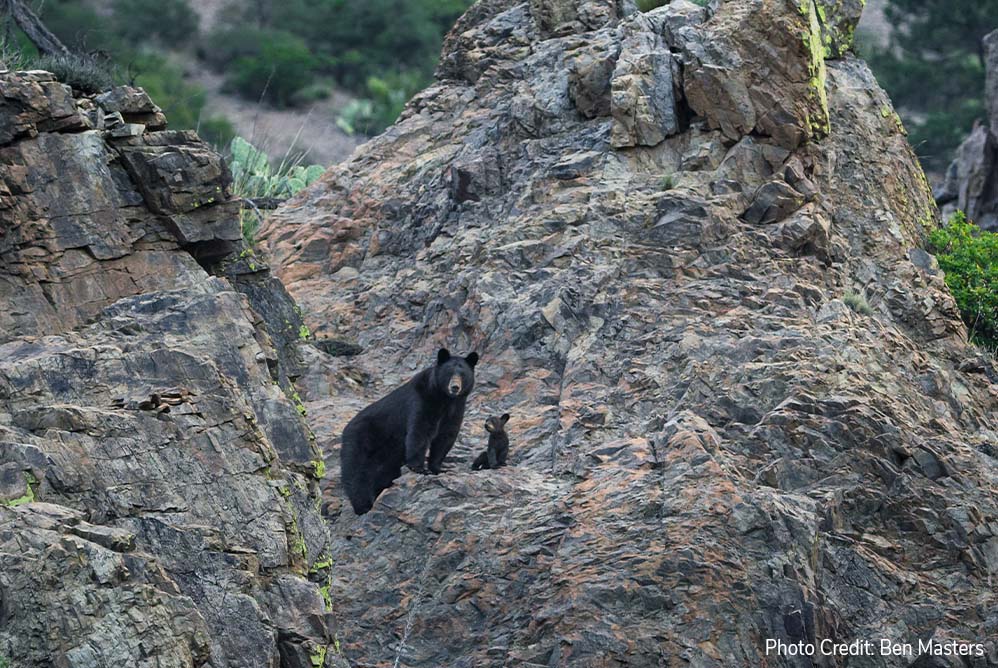
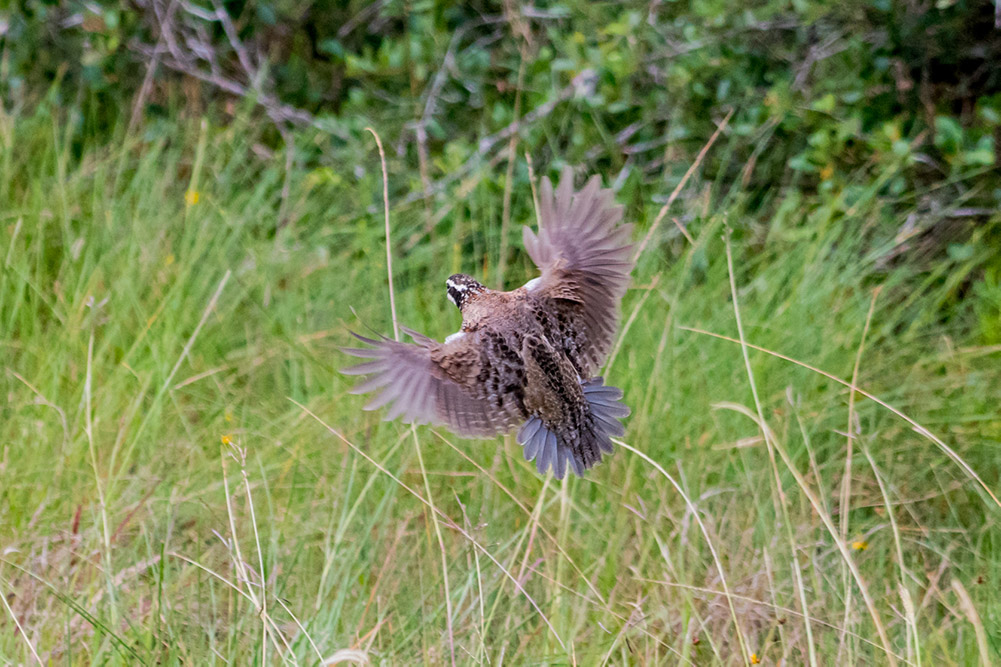
TPWF is also working to restore what was once a sea of grassland across the state. Grassland habitat is the most threatened habitat type in North America, and here in Texas it is home to some of Texas’ most iconic species, including quail and monarch butterflies. Fortunately, TPWF supports the Grassland Restoration Incentive Program, which provides funding for private landowners to engage in grassland habitat restoration.
In Gulf of Mexico waters near Port O’Connor, the future of coastal fishing and diving is bright. The Keeping it Wild and Shell Oil artificial reefs are located in a 381-acre area just six miles offshore. The new reefs are improving the nearshore marine environment while increasing angler and diver access to the resources they love. Hundreds of thousands of anglers and divers travel offshore each year for the recreational opportunities the reefs create.
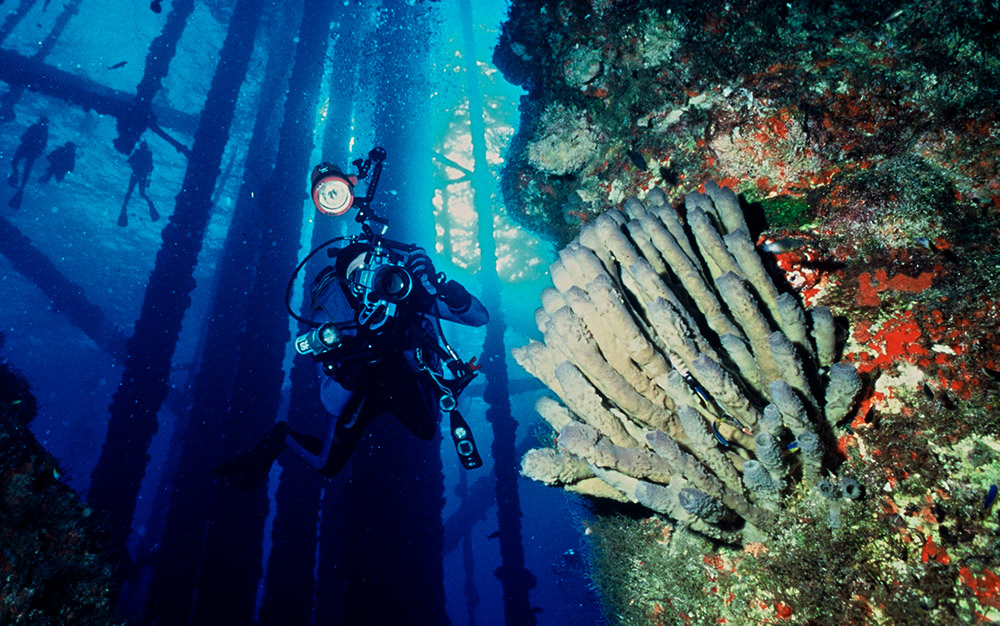
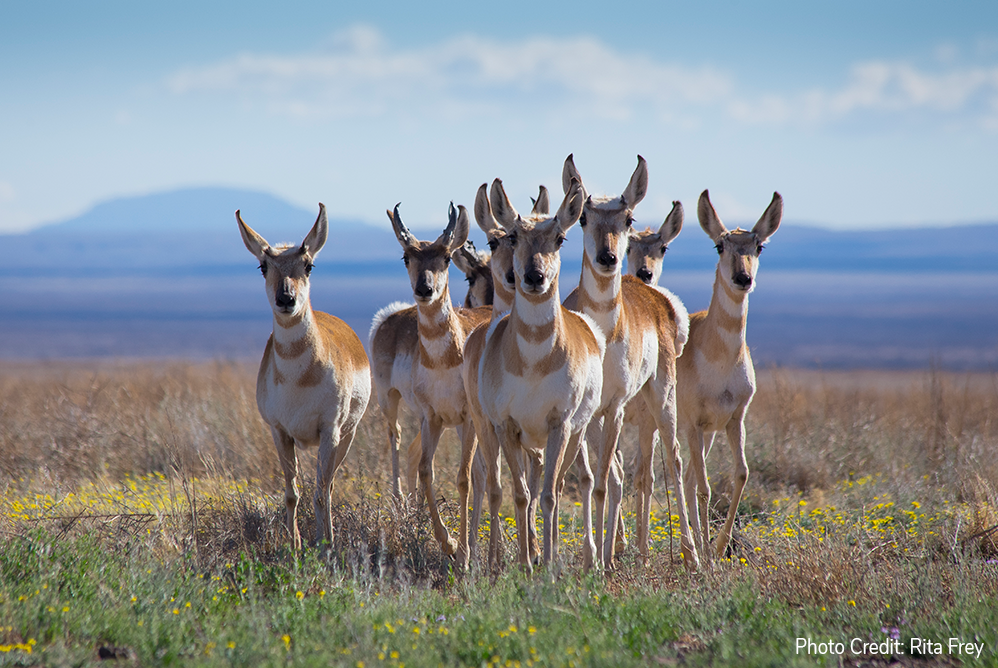
Pronghorn, the fastest land animal in the Western Hemisphere, once roamed the Trans-Pecos region more than 17,000 strong. By 2012, the pronghorn was at risk of disappearing from the Trans-Pecos due to disease and drought. To combat this decline, TPWF leveraged public funding with philanthropy, ensuring pronghorn will continue to roam the desert grasslands of West Texas for generations to come.
Are you ready to join us?
Together, we can ensure the vitality of our lands, waters, and wildlife for the benefit of all Texans.




